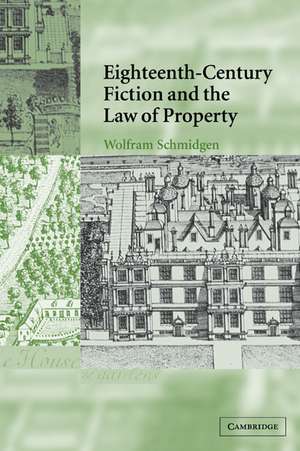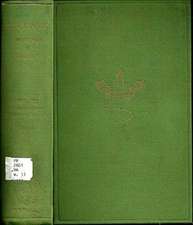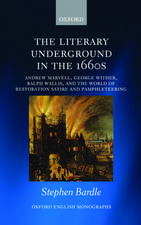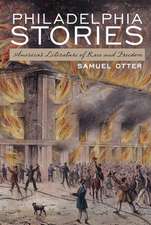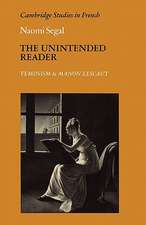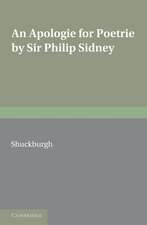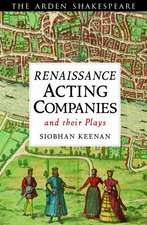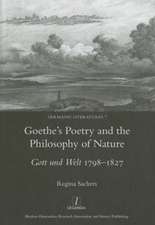Eighteenth-Century Fiction and the Law of Property
Autor Wolfram Schmidgenen Limba Engleză Paperback – 8 mar 2006
| Toate formatele și edițiile | Preț | Express |
|---|---|---|
| Paperback (1) | 330.50 lei 6-8 săpt. | |
| Cambridge University Press – 8 mar 2006 | 330.50 lei 6-8 săpt. | |
| Hardback (1) | 684.21 lei 6-8 săpt. | |
| Cambridge University Press – 16 oct 2002 | 684.21 lei 6-8 săpt. |
Preț: 330.50 lei
Nou
Puncte Express: 496
Preț estimativ în valută:
63.25€ • 65.89$ • 52.59£
63.25€ • 65.89$ • 52.59£
Carte tipărită la comandă
Livrare economică 10-24 februarie 25
Preluare comenzi: 021 569.72.76
Specificații
ISBN-13: 9780521024594
ISBN-10: 0521024595
Pagini: 276
Dimensiuni: 153 x 229 x 17 mm
Greutate: 0.41 kg
Editura: Cambridge University Press
Colecția Cambridge University Press
Locul publicării:Cambridge, United Kingdom
ISBN-10: 0521024595
Pagini: 276
Dimensiuni: 153 x 229 x 17 mm
Greutate: 0.41 kg
Editura: Cambridge University Press
Colecția Cambridge University Press
Locul publicării:Cambridge, United Kingdom
Cuprins
Acknowledgments; Introduction; 1. Communal form and the transitional culture of the eighteenth-century novel; 2. Terra nullius, cannibalism, and the natural law of appropriation in Robinson Crusoe; 3. Henry Fielding's common law of plenitude; 4. Commodity fetishism in heterogeneous spaces; 5. Ann Radcliffe and the political economy of Gothic space; 6. Scottish law and Waverley's museum of property; Conclusion; Notes; Bibliography; Index.
Recenzii
'… a provocative study which addresses some of today's most urgent theoretical and historical debates by way of insightful literary analyses.' BARS Bulletin & Review
Notă biografică
Descriere
Schmidgen draws on legal and economic writings to analyse the description of houses, landscapes, and commodities in eighteenth-century fiction.
